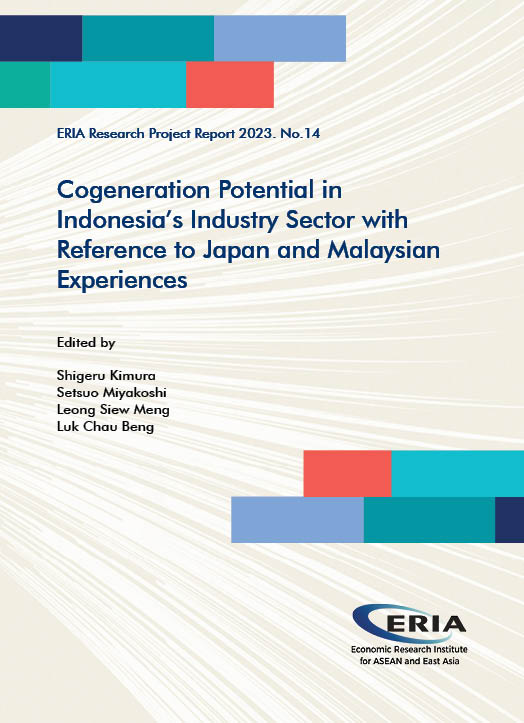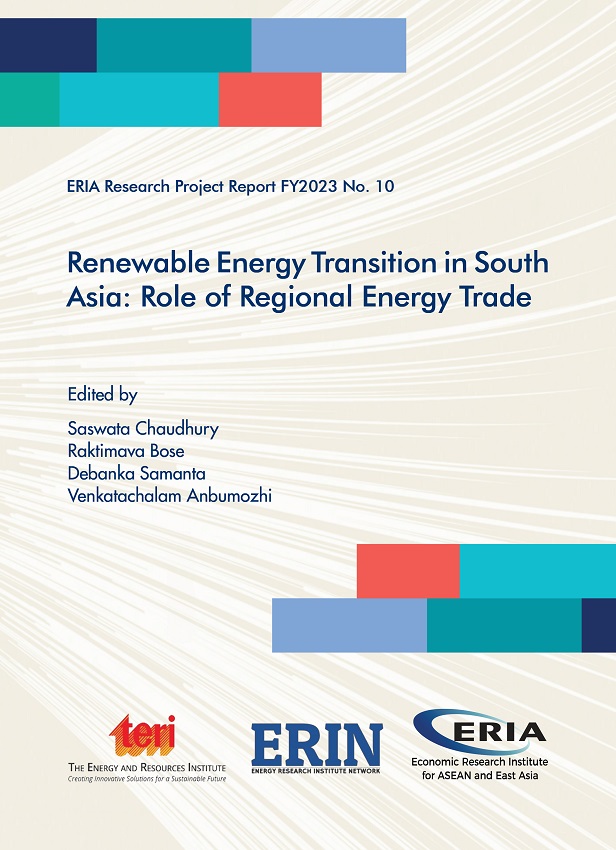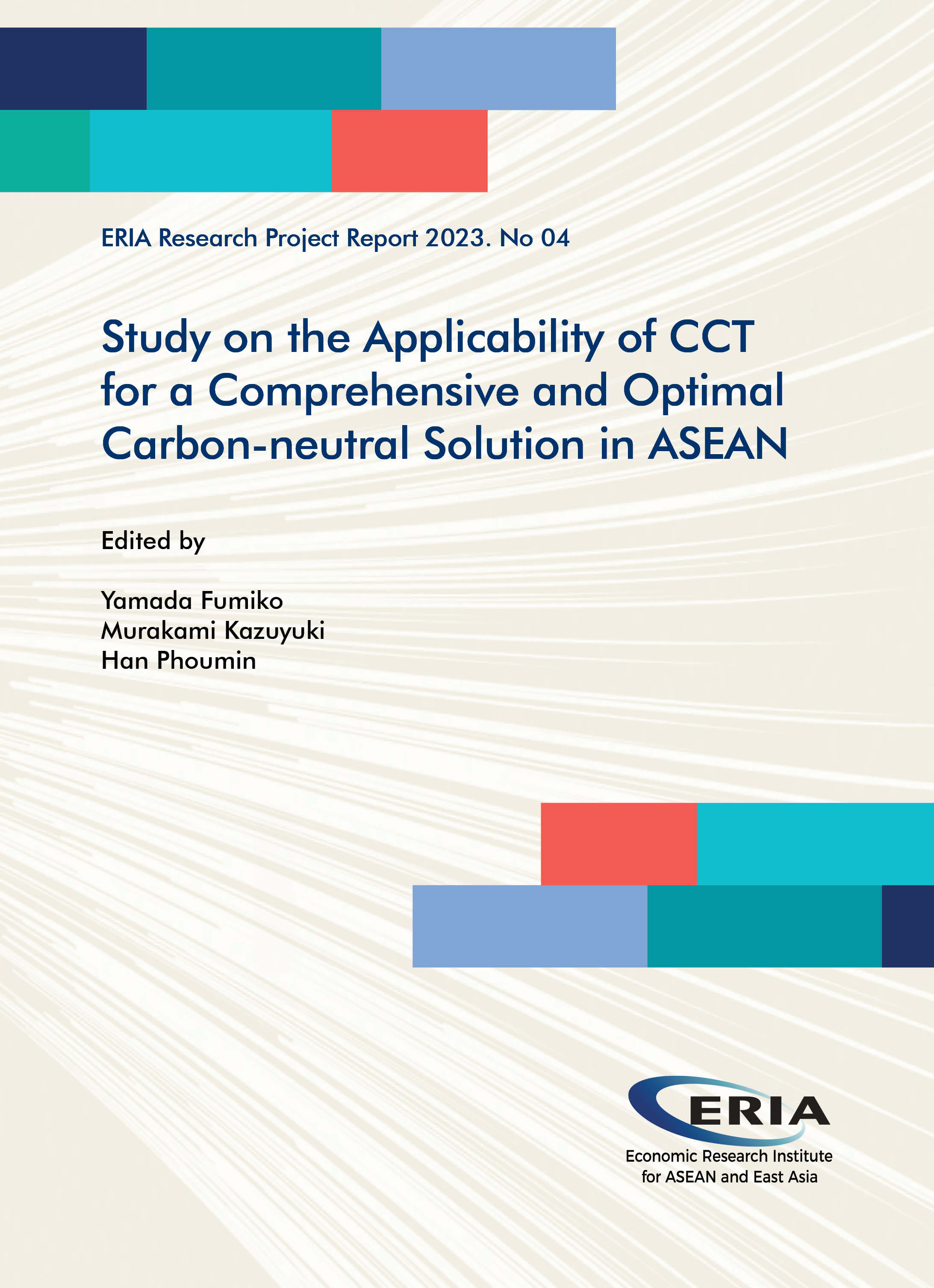Cogeneration Potential in Indonesia’s Industry Sector with Reference to Japan and Malaysian Experiences

Date:
27 November 2023Category:
Energy, Innovation and TechnologyType:
Research Project ReportsTags:
Energy, Innovation, Indonesia, Japan, MalaysiaPrint Article:
Thermal power plants utilise fossil fuels to generate electricity, with a significant portion of the heat produced being released into the atmosphere as waste. The concept of a cogeneration system revolves around the recovery of this waste heat for on-site use, fulfilling heat demands at the same location as the cogeneration system. Consequently, cogeneration systems are expected to exhibit high thermal efficiency, ranging from 60% to 80%, surpassing the efficiency of standalone thermal power plants.
Furthermore, cogeneration systems have the potential to conserve energy and reduce CO2 emissions by reducing the need for additional fuel combustion to meet heat demands. This makes cogeneration systems a remarkable technology, contingent on the availability of simultaneous electricity and heat demand at a single site. Without a concurrent heat demand, cogeneration systems are inoperable.
In an effort to explore the applicability of cogeneration systems to the Indonesian industrial sector, this project aims to introduce case studies of cogeneration systems implemented in the industrial sectors of Japan and Malaysia, both of which are considered advanced in terms of cogeneration technology. This report encompasses 33 case studies of cogeneration systems across various industrial subsectors in Japan, along with 24 case studies from the Malaysian industrial sector.
The payback period for cogeneration systems appears promising, largely dependent on the cost of the heat recovery system and the benefits derived from energy consumption savings for heat demand. In the case of Malaysia, the payback period typically ranges from 3 to 7 years.
It's noteworthy that cogeneration systems are not limited to the industrial sector alone; they can also be applied within the commercial sector, specifically in commercial buildings. This presents a future challenge for ERIA.
Full Report
Contents
Chapter 1: Current Situation of Cogeneration System Installation in Japan
Chapter 2: Introduction of Installed CGS in Japan’s Industry Sector
Chapter 3: Cases of Cogeneration Systems Installed in Malaysia
Chapter 4: Conclusion and Recommendations




